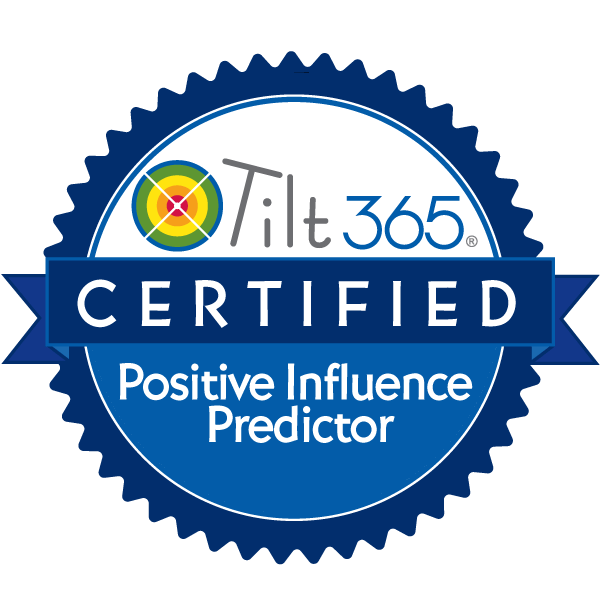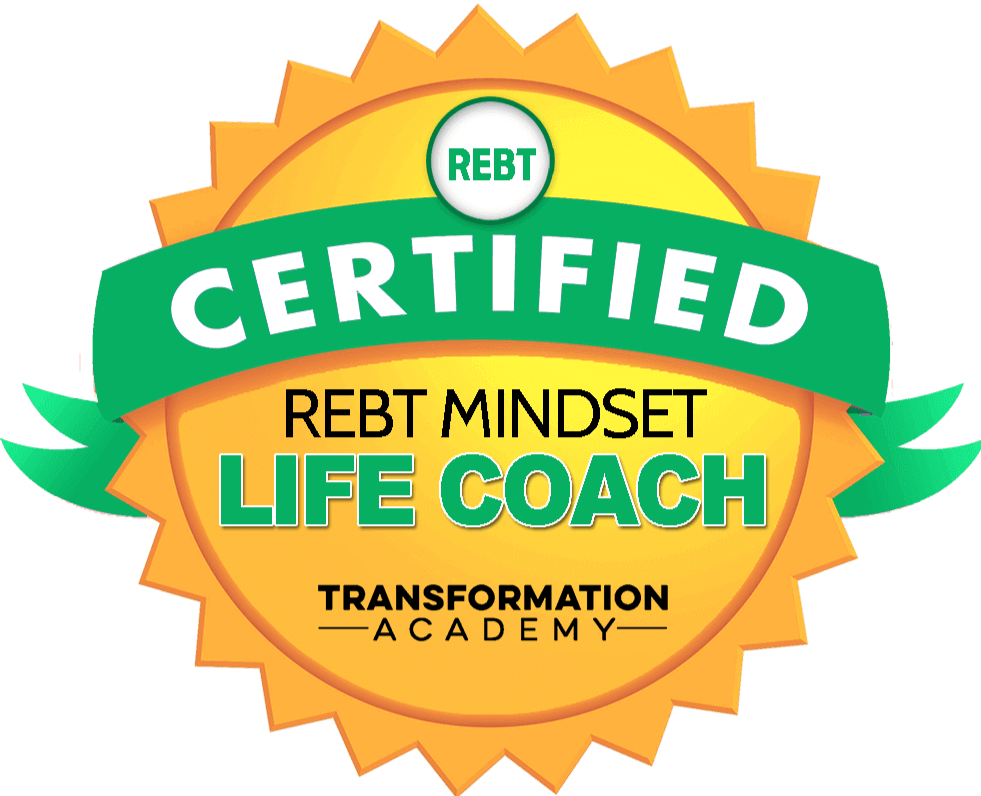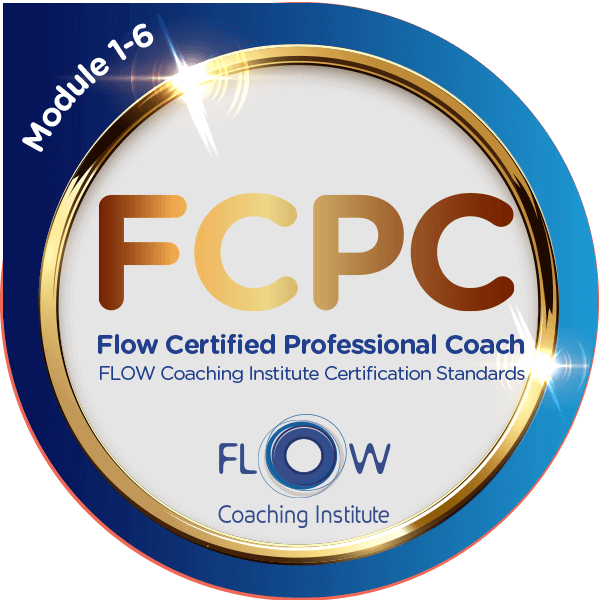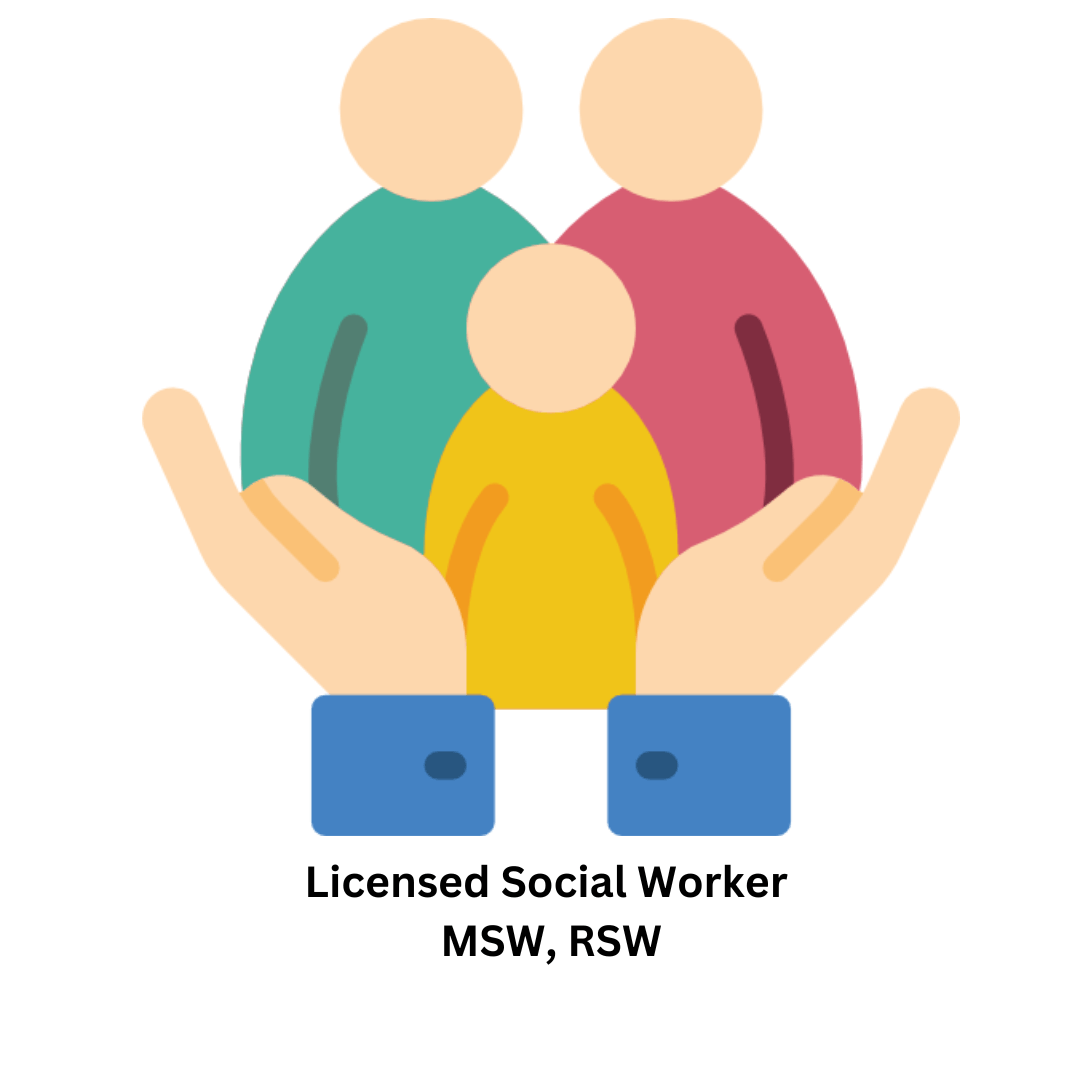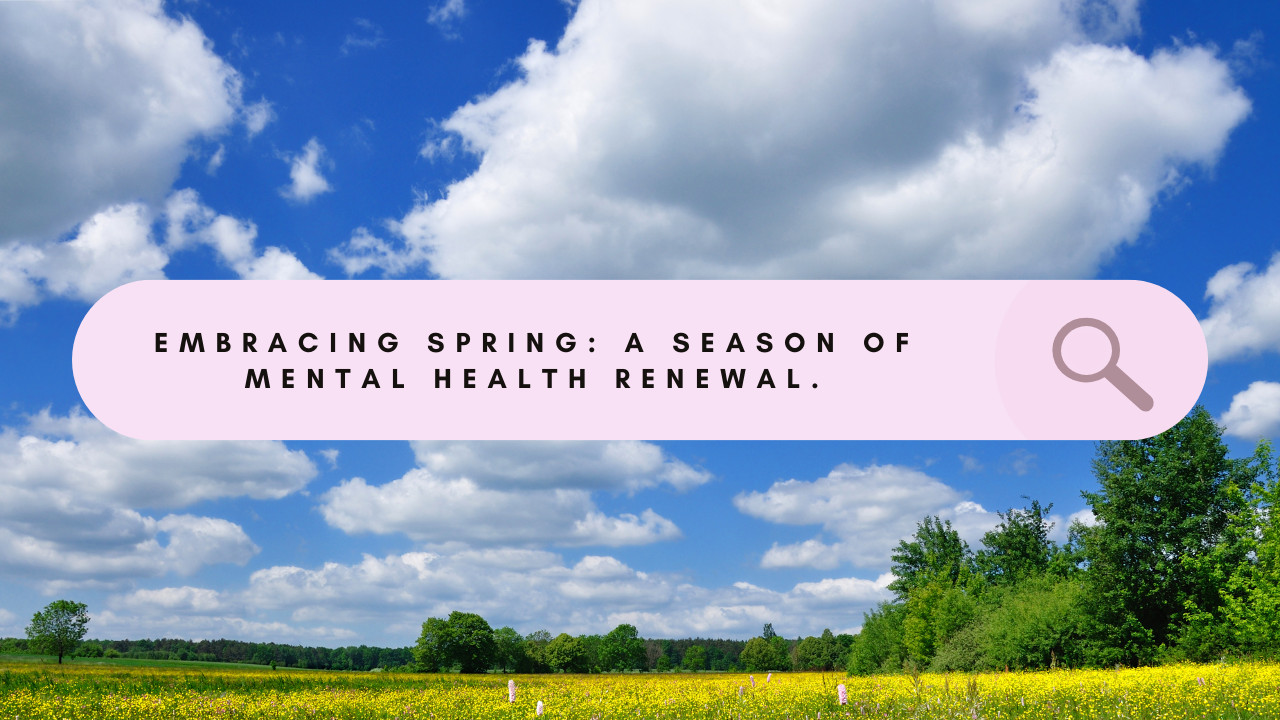
Spring, a season of vibrant blooms and rejuvenating energy, presents a unique opportunity for personal growth and enhancing mental well-being. As we transition from the cold of winter to the warmth of spring, the environment around us awakens, offering a potent reminder of the potential for renewal and transformation within ourselves. It's a time to embrace change, reassess personal goals, and engage in activities that foster growth and well-being.
The arrival of spring is not only a visual feast but also a period that can have a profound positive impact on our mental health. Exposure to the natural beauty of spring can help reduce stress and anxiety, boosting mood and overall well-being. Activities like outdoor exercise, gardening, and practicing mindfulness in nature are excellent ways to tap into the seasonal energy, promoting physical and emotional health.
This season encourages us to explore various paths to personal renewal, such as engaging in creative expression through art therapy, pursing innovative energy work like Reiki, or experiencing the calming effects of sound healing. Spring offers an array of opportunities to support mental health and embark on a journey of self-discovery and revitalization. By choosing activities that nourish the mind and soul, we can fully embrace the transformative power of spring and bloom alongside nature into our most resilient and positive selves.
Read more...
Queer relationships, though increasingly recognized and accepted, continue to face significant challenges due to persistent family and social stigma. This stigma manifests in various harmful ways, such as rejection, criticism, and discrimination, deeply affecting the emotional, mental, and physical well-being of individuals in queer relationships. Understanding these challenges is essential for navigating and overcoming the negative impacts on personal well-being and the health of these partnerships.
To combat the adverse effects stigma has on queer relationships, strategies for building resilience are pivotal. Building resilience involves seeking professional support, fostering open communication, and developing self-compassion, which collectively help individuals and couples navigate through adversity. Moreover, effective communication strategies, like educating loved ones, setting clear boundaries, and choosing the right timing for conversations, play a crucial role in managing family and social stigma, maintaining healthy relationships amidst challenges.
In addition to personal resilience and communication, the broader community and societal support systems offer crucial resources for queer individuals and couples. LGBTQ+ centers, online communities, and professional organizations provide spaces for connection, support, and advocacy. Engaging in activism, raising awareness, and supporting LGBTQ+ rights organizations are vital actions for promoting acceptance and challenging societal norms. By building a strong network of friends, chosen family, and allies, and celebrating queer relationships, it is possible to foster a more inclusive and supportive society, empowering individuals and couples to thrive despite the obstacles posed by family and social stigma.
Read more...
Stress and anxiety are frequent challenges in relationships, emerging from various pressures such as work, finances, or health issues. Addressing these concerns together can not only avert potential harm but also deepen mutual understanding and strengthen bonds between partners. Effective strategies and tools for managing these stresses are key to fostering a healthy, resilient connection that supports both individuals' well-being.
To combat these issues, practices like open communication, mindfulness techniques, setting boundaries, collaborative problem solving, and physical activity are essential. Additionally, employing tools such as shared journaling, couples therapy, and stress-tracking apps can provide valuable support. Together, these approaches encourage a supportive partnership, promoting trust, intimacy, and a fulfilling relationship dynamic.
Innovative solutions like crafting a relationship vision board, instigating gratitude rituals, embracing change and flexibility, engaging in shared hobbies, and integrating mindfulness practices further solidify the relationship. These activities not only enhance emotional connection and reduce stress but also cultivate a sense of joy and resilience. By embracing these strategies and tools, couples can embark on a journey toward a thriving partnership, reinforced by a deep, enduring bond and shared experiences.
Read more...In a rapidly evolving business landscape, the essence of balanced leadership has emerged as a pivotal force behind organizational success and sustainable growth. This concept marries various leadership qualities, attitudes, and behaviors, enabling leaders to navigate challenges effectively, seize opportunities, and foster a nurturing work environment. By embracing the principles of self-awareness, empathy, adaptability, strategic vision, and ethical integrity, leaders can strike the ideal balance necessary for guiding their teams and organizations towards prosperity.
Balanced leadership is built upon the foundations of profound self-awareness, allowing leaders to understand their strengths and limitations, leading to informed decision-making and continuous self-improvement. Empathy and adaptability are equally crucial, creating inclusive environments where team members feel valued and fostering a culture of innovation and resilience in the face of change. Moreover, a clear strategic vision and unwavering ethical integrity underpin the ability to inspire, motivate, and maintain the trust of team members and stakeholders alike.
The journey toward mastering balanced leadership is both transformative and continual, requiring dedication to personal growth and ethical practice. Leaders are encouraged to share their experiences and challenges, and explore further development through a comprehensive leadership course. By committing to the principles of balanced leadership, individuals can unlock their full potential, driving forward not only their personal success but also the collective success of their organizations.
Read more...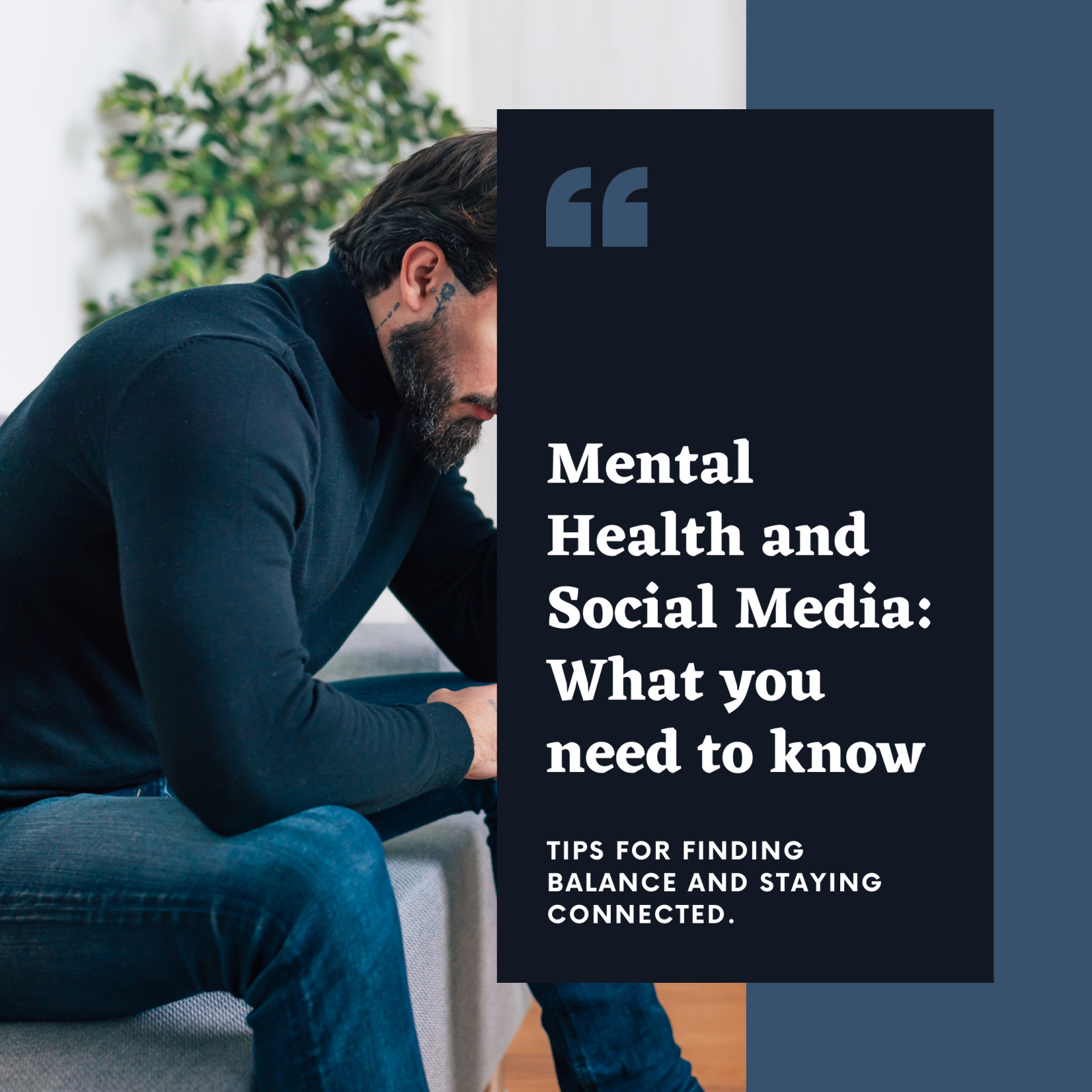
In the digital landscape of constant connectivity, social media plays a pivotal role in shaping our interactions and expressions. Despite its immense benefits for global communication and creativity, excessive social media use can detrimentally affect our mental health, leading to feelings of inadequacy, depression, and anxiety due to the onslaught of others' curated lives and the addictive nature of digital platforms. Establishing healthy boundaries is therefore essential to safeguard our well-being, enabling us to enjoy social media's advantages without allowing it to consume our time, emotions, and relationships.
For individuals, setting limits on social media consumption can significantly enhance mental health. Strategies like mindful engagement, limiting time spent on platforms, unfollowing negative accounts, and incorporating screen-free activities into daily routines can prevent feelings of inadequacy and boost overall happiness. For parents, professionals, and couples, creating specific boundaries around digital use can help combat potential negative impacts on children's development, work-life balance, and relationship satisfaction, encouraging more meaningful offline connections and personal fulfillment.
To maintain a healthy relationship with social media, it's not just about setting boundaries; incorporating regular digital detoxes, seeking professional help when needed, and cultivating self-compassion are also vital. By tackling the challenges of digital interaction with proactive strategies, individuals can find a balanced approach to social media, ensuring it remains a tool for positive connection and self-expression rather than a source of stress. Achieving this balance is key to leveraging the power of social media while protecting and prioritizing mental health.
Read more...
Anxiety is a prevalent mental health issue that significantly affects individuals' lives worldwide, but overcoming it is possible with the right strategies and support. Coaching plays a vital role in this journey, focusing on the present and future to empower individuals to manage their thoughts and actions effectively. By setting realistic goals, developing coping mechanisms, and utilizing cognitive-behavioral techniques, coaching offers a path toward managing and overcoming anxiety.
Incorporating mindfulness and relaxation techniques into one’s routine, guided by a coach, can greatly aid individuals in managing their anxiety, promoting a sense of calm and well-being. Furthermore, building resilience and boosting self-confidence are key focuses in anxiety coaching, helping individuals bounce back from challenges and foster a positive mindset. Finding the right coach, who provides a supportive environment and tailored techniques, is crucial in taking the next step toward a life free from anxiety.
To assist those facing the challenges of anxiety, coaching provides actionable steps and ongoing support to regain control and lead a fulfilling life. Setting goals, challenging negative thoughts, and prioritizing self-care are among the effective strategies shared. For anyone struggling with anxiety, seeking the guidance of a specialized anxiety coach could be the beginning of a transformative journey towards healing and personal growth.
Read more...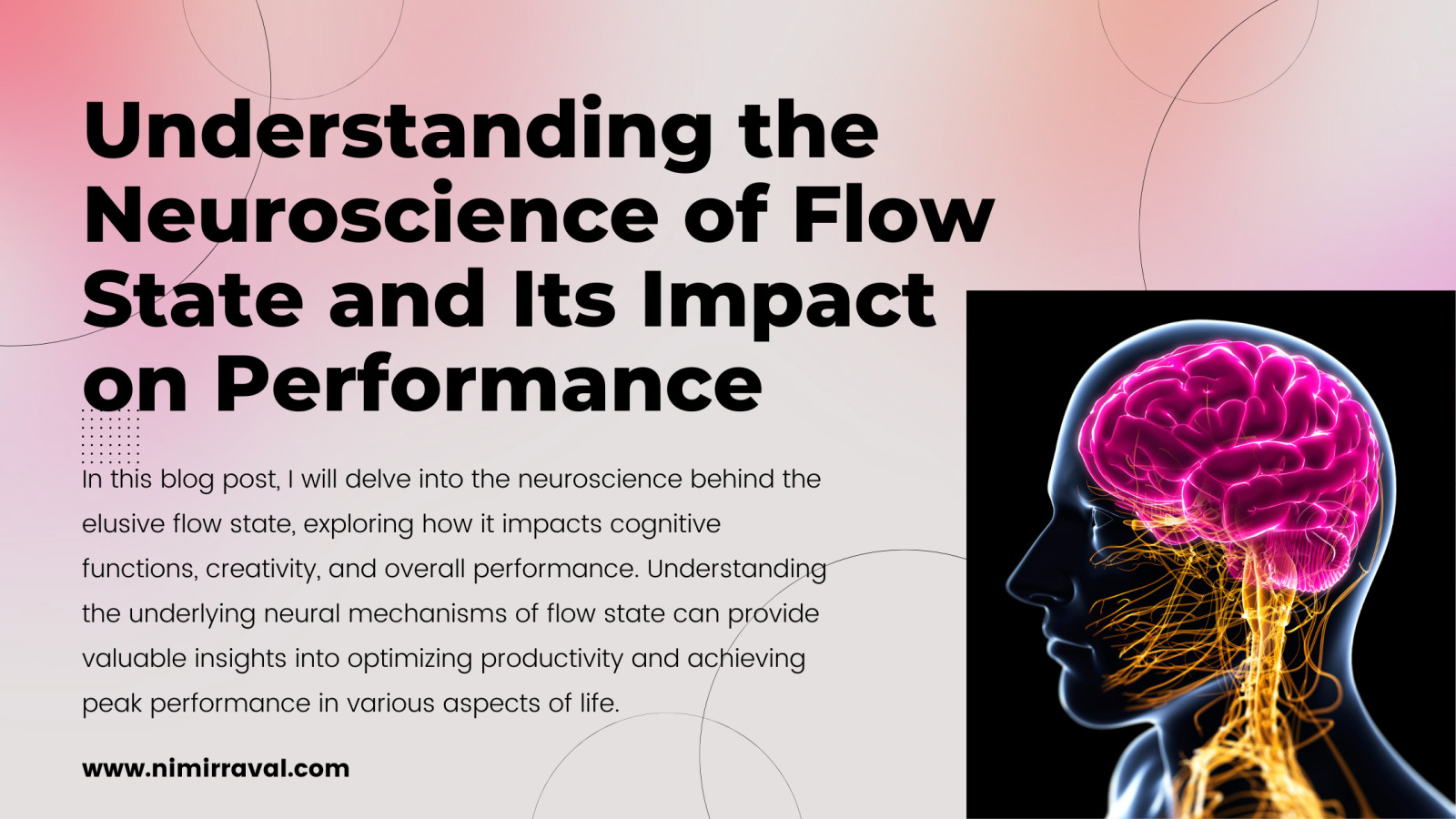
The human brain, with its extraordinary capabilities, can sometimes be hindered by distractions and procrastination. However, by understanding the concept of the "flow state," as introduced by psychologist Mihaly Csikszentmihalyi, individuals can tap into heightened concentration, engagement, and fulfillment in various aspects of life. This state of complete absorption enables increased creativity and productivity, allowing us to fully utilize our skills and achieve our goals.
Neuroscientific research sheds light on the intricate neural pathways and brain regions, such as the prefrontal cortex and basal ganglia, that underpin the flow state. This state of mind is characterized by effortless concentration, deep engagement, and a sense of enjoyment in the task. Scientists have recognized the crucial roles of systems such as the LC-NE system, which regulates attention and energy levels, and the dopaminergic reward system, which boosts motivation and satisfaction. Understanding these mechanisms can aid in achieving and sustaining the flow state, optimizing performance and well-being across diverse domains.
Combining insights from neuroscience, the article highlights the symbiotic relationship between the LC-NE and dopaminergic systems in fostering the flow state. This delicate balance between focus, motivation, and disengagement is key to achieving peak performance and satisfaction. Hence, mastering the flow state not only enhances productivity and creativity but also contributes to personal fulfillment and the transformation of challenges into victories, emphasizing the power of the brain's internal processes in elevating human potential.
The human brain, a marvel of complexity and capability, possesses the unique ability to enter a "flow state," a phenomenon where focus, creativity, and productivity soar, allowing individuals to accomplish tasks with unparalleled efficiency and satisfaction. This profound mental state, characterized by deep absorption and a sense of fulfillment, is underpinned by the intricate dance of neural pathways and brain regions, including the prefrontal cortex, basal ganglia, and amygdala. Understanding the science behind the flow state unravels the potential for individuals to harness this power, transforming the way we approach work, creativity, and everyday challenges.
Central to the regulation of our focus and engagement levels is the LC-NE system, a critical neurological command center that manages attention and energy distribution based on the task at hand. It operates in a dynamic equilibrium of exploitation, exploration, and disengagement modes, each significant for achieving and maintaining the flow state. Complementarily, the brain's dopaminergic reward system plays a pivotal role in motivation, enhancing cognitive and emotional resilience against fatigue, fostering a positive outlook, and ultimately contributing to the sense of accomplishment associated with flow activities.
By delving into the neuroscience behind the flow state and understanding the key systems involved, individuals can learn to leverage these mechanisms to optimize performance and well-being across various life domains. This insight not only propels us towards maximizing our capability for intense focus and creativity but also emphasizes the importance of balancing our mental and physical health to sustain high levels of productivity. Through strategic engagement with our brain's innate processes, achieving flow becomes a more attainable reality, enabling us to transform our approach to tasks from mundane to extraordinary.
Read more...
Wellness trends are continually transforming the way we understand and care for our physical, mental, and emotional health. These trends highlight the importance of personal well-being, illustrating how it influences our physical health, emotional balance, happiness, and resilience against stress. Innovations in technology such as wearable devices, telemedicine, mental health apps, and virtual reality offer new methods to enhance our well-being, making personal health practices more accessible and tailored to individual needs.
The emergence of mindfulness and mental wellness practices emphasize the significance of being present and fully engaged with our thoughts and environment, showcasing the benefits of meditation and mindfulness on stress reduction and mental clarity. Similarly, biohacking presents a proactive approach to personal health, emphasizing the use of technology and lifestyle changes to optimize physical performance and well-being. These methods, along with holistic and integrative wellness practices, offer comprehensive ways to improve health and prevent illness by addressing the mind, body, and spirit collectively.
Amidst evolving wellness trends, the integration of social and environmental factors highlights the interconnectedness of our well-being with the communities and environment we inhabit. Creating supportive, inclusive spaces and adopting sustainable living practices are emerging as crucial elements of holistic well-being. Embracing these wellness innovations can lead to significant improvements in physical health, mental clarity, and emotional balance, marking a path toward a more fulfilling life.
Read more...
In this blog post, I explore the concept of procrastination, its underlying causes, and its impact on mental health. Perfectionism is identified as a common roadblock that fuels procrastination, leading to excessive self-criticism and fear of failure. Recognizing the signs of being stuck in a perfectionist mindset is crucial for overcoming this trap and becoming more efficient and satisfied with your work. Procrastination can take a toll on your mental health, causing increased stress, anxiety, and feelings of guilt or low self-worth. By recognizing your procrastination patterns and implementing strategies such as breaking tasks into smaller steps and setting achievable goals, you can overcome procrastination and achieve greater productivity. Embracing progress over perfection and celebrating small victories along the way can help you stay motivated and ultimately lead to long-term success. Seeking support and accountability from others is also beneficial in overcoming procrastination, especially if perfectionism is a significant obstacle for you.
Read more...
This blog post explores the challenges of winter and post-holiday blues and offers five mental health strategies to navigate this season with greater ease. It emphasizes the importance of self-care practices, such as reading, warm baths, and mindfulness, to alleviate stress and enhance mood. Staying physically active is also crucial for mental well-being, as regular exercise releases endorphins and reduces stress, anxiety, and depression. Seeking support from loved ones and professionals, using light therapy, and exploring alternative therapies are other effective strategies highlighted in the article. Additionally, maintaining a well-balanced diet is pivotal in supporting mental health during the winter months. By prioritizing these strategies, individuals can combat the winter blues and embrace self-care for optimal mental well-being.

